TIERA Vibration sensor cable with a stainless steel outer armor offers enhanced durability and protection against harsh environmental conditions. Here are some key characteristics of such a cable:
- Stainless Steel Armor: The outer layer of the cable is constructed using stainless steel, which provides excellent resistance to corrosion, abrasion, and mechanical damage. This armor effectively shields the internal components of the cable from external impact, making it ideal for rugged industrial environments.
- Vibration Resistance: The cable is designed to minimize interference from vibrations, ensuring accurate and reliable signal transmission from the vibration sensor to the monitoring equipment. The stainless steel armor adds an extra layer of protection to the cable, helping to maintain signal integrity even in high-vibration environments.
- Moisture and Chemical Resistance: In addition to mechanical protection, the stainless steel armor also provides resistance to moisture, chemicals, and other environmental hazards. This helps to prevent corrosion and degradation of the cable over time, extending its lifespan in harsh conditions.
- Temperature Resistance: The cable is engineered to withstand a wide range of temperatures, from extreme cold to high heat, without compromising performance. This ensures consistent operation in diverse operating environments, including outdoor and indoor settings.
- Connector Compatibility: Depending on the specific application, the cable may feature connectors compatible with various types of vibration sensors and monitoring equipment. Common connector types include MIL connectors, M12 connectors, and terminal blocks.
- TIERA Vibration sensor cable with a stainless steel outer armor offers robust protection and reliable performance in demanding industrial applications where durability and resilience are paramount.









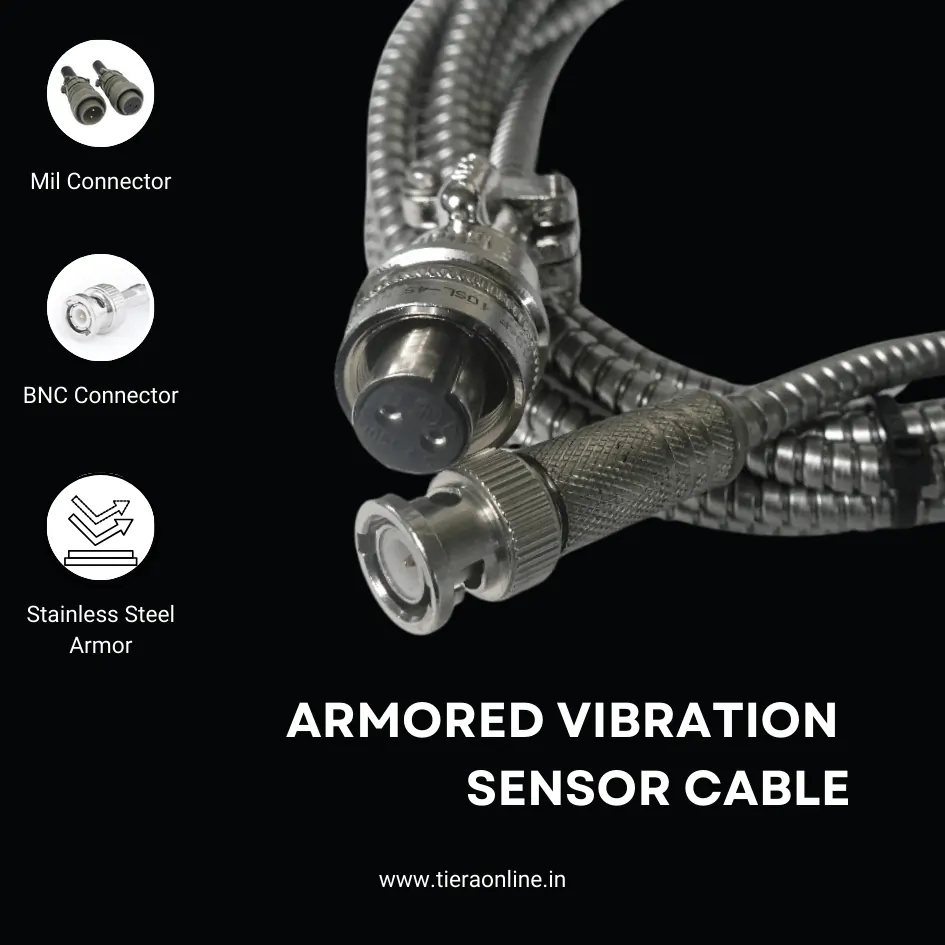
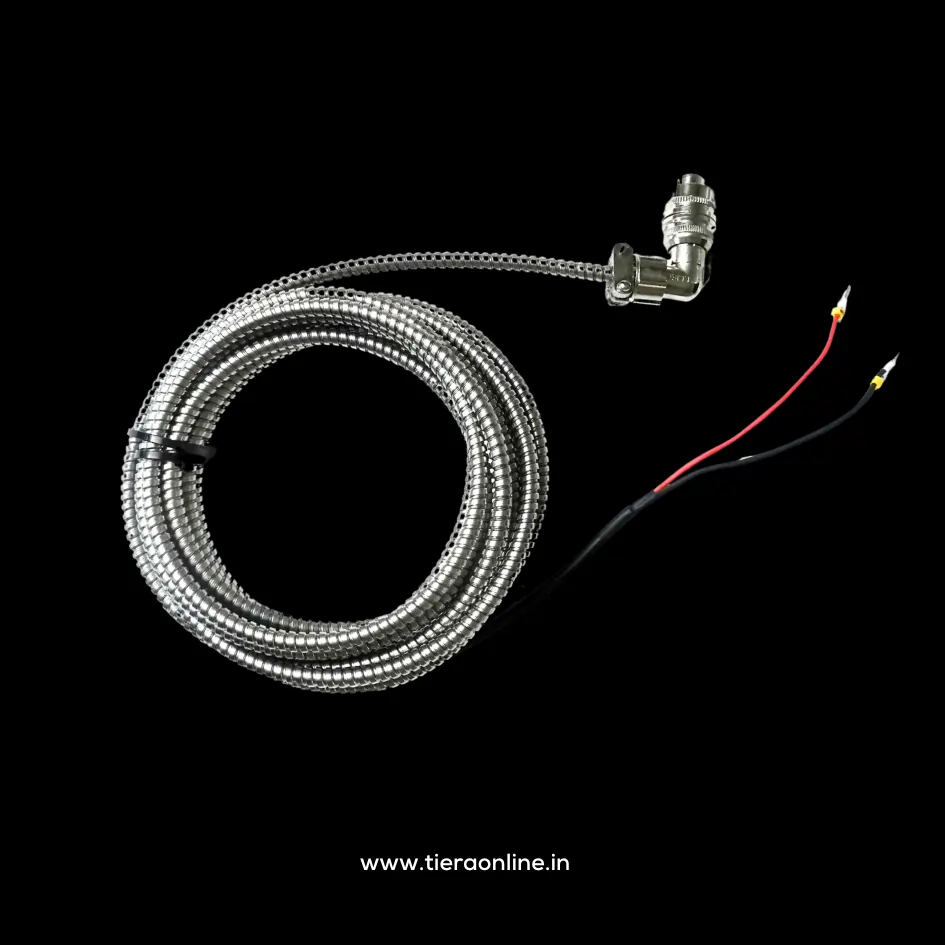
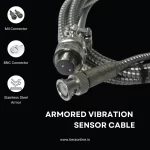
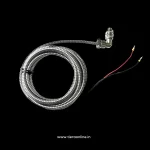
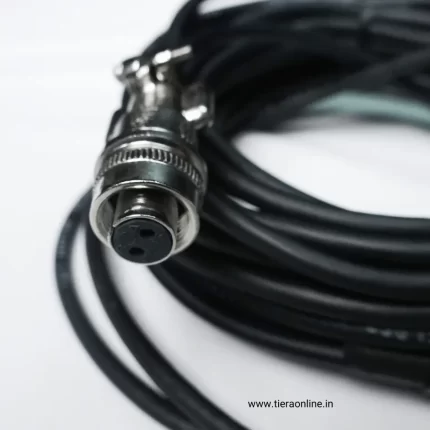
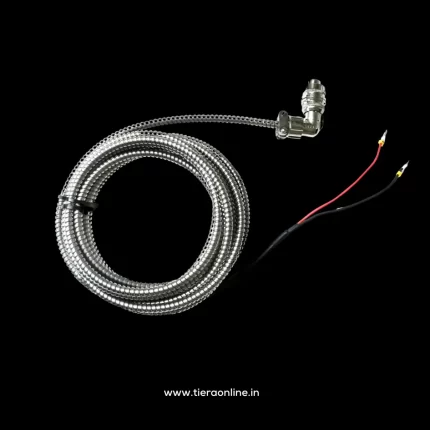
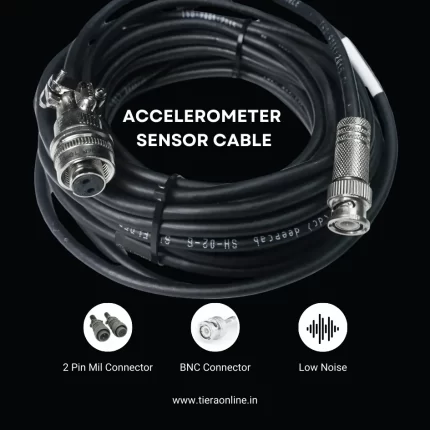
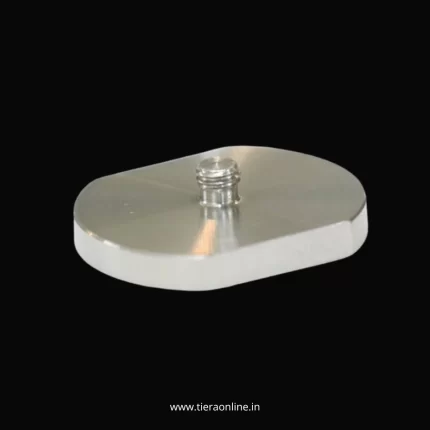

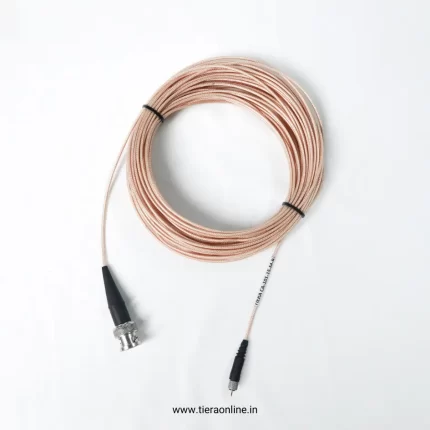
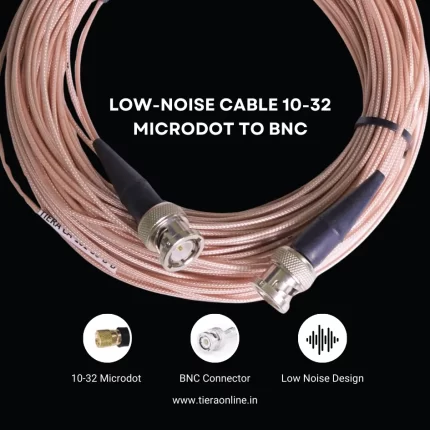
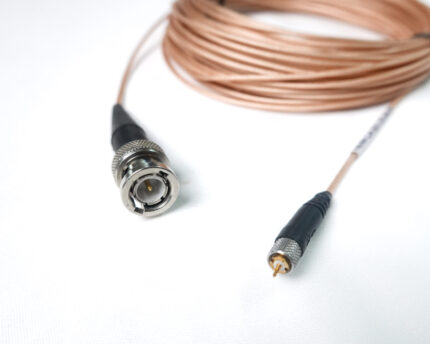
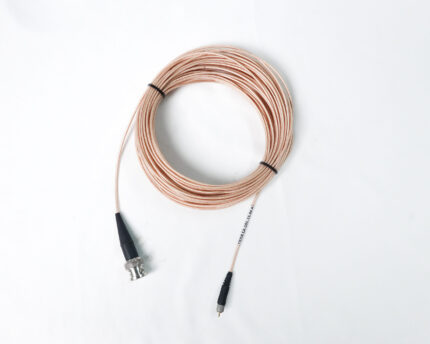
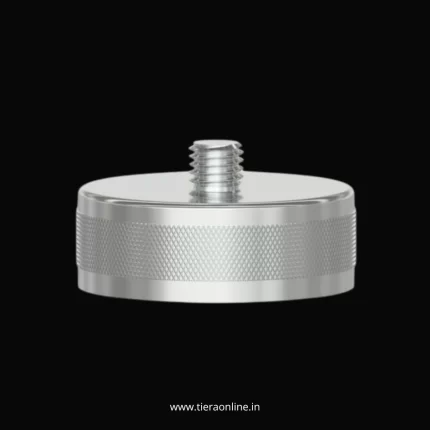
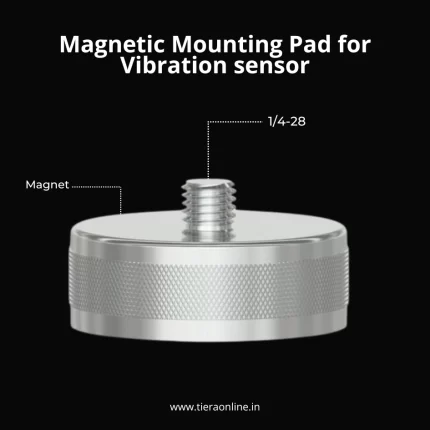
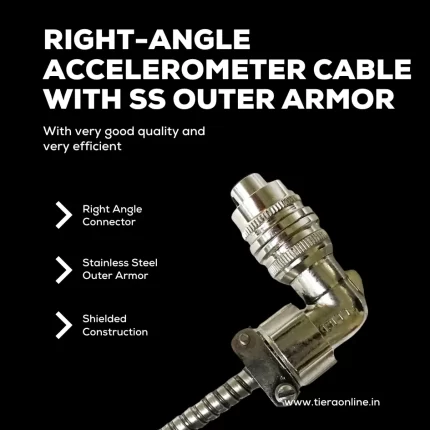
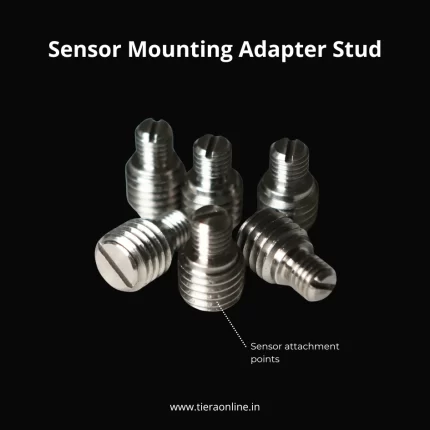
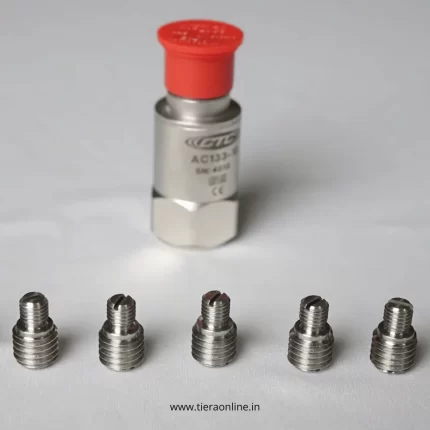
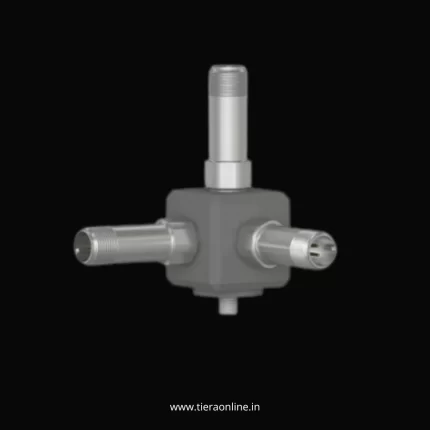
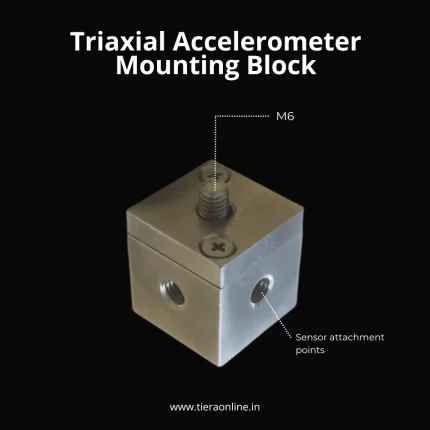
Reviews
There are no reviews yet.